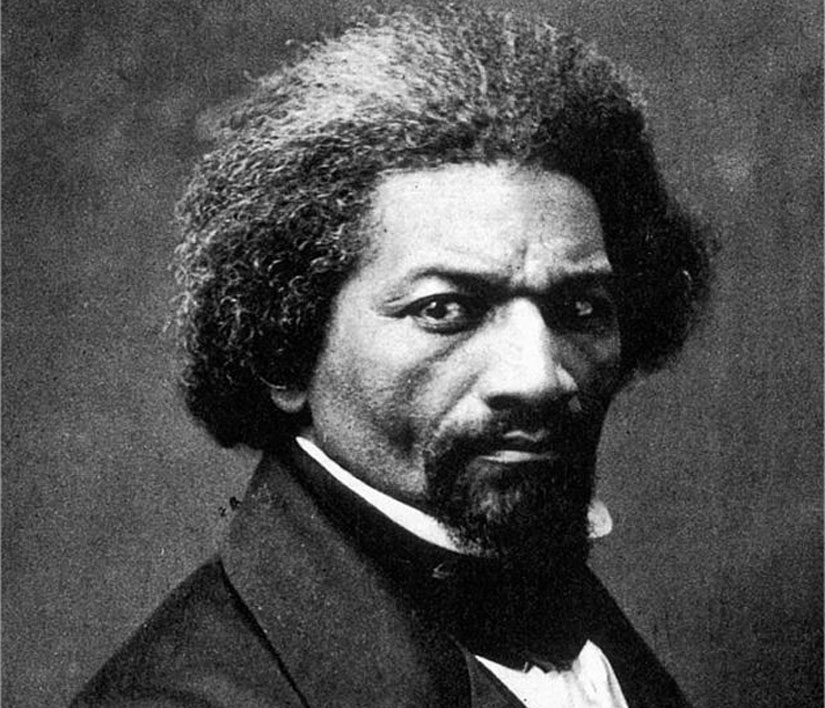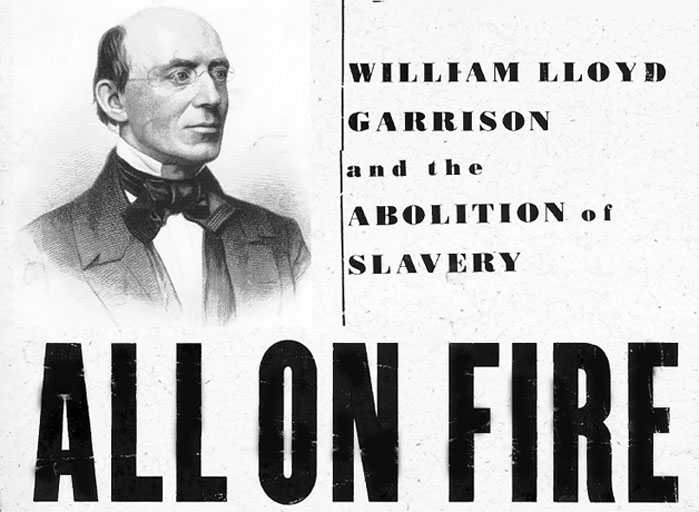
by Terry Messman
Many forms of advocacy journalism have arisen to fight social injustice in the United States, beginning in the very first chapters of American history with the radical pamphlets by Thomas Paine that helped incite a revolution against British rule.
Radically outspoken and dissenting journalists were an indispensable part of nearly every important reform movement and populist rebellion in U.S. history.
Hated by the powers that be in their time, and condemned as muckrakers, agitators and disturbers of the peace, many are now legendary figures, remembered and honored as models of journalism with a social conscience. In varying ways, these writers practiced what I call “Justice Journalism.”
These iconic journalists include the courageous reporting of William Lloyd Garrison and Frederick Douglass in the abolitionist press; the investigative writing of Ida B. Wells in uncovering the massive extent of lynching; the muckraking reporting of Upton Sinclair that exposed the horrific conditions in Chicago stockyards; Dorothy Day’s prophetic articles on the injustice of poverty in her Catholic Worker newspaper; the attacks on municipal corruption by Lincoln Steffens; the exposé of the profiteering funeral industry by Jessica Mitford; and the uncompromising struggle against the war machine waged by the underground press of the 1960s.
Refusing to accept the established order’s insistence on objectivity and neutrality, they spoke out fearlessly for social justice. Their principled reporting should serve as a reminder of the truth-telling role of journalism, but this kind of passionately engaged reporting is forbidden in today’s corporate newsrooms.
William Lloyd Garrison, editor of The Liberator from 1831 to 1865, was one of the most inspiring figures in the history of journalism. But today, this celebrated writer would be considered beyond the pale for his many violations of the ethos of so-called objective reporting, which declares that participatory journalism and activism are off limits to journalists.
Garrison was a fiery writer and editor, but more than that, he was a rebel, an agitator, an enemy of the powers that be, and a jailed radical. He declared uncompromising war on the American system of slavery decades earlier than his contemporaries; for his foresight, he was condemned as seditious by government officials, locked up in jail, sued by slave shipowners, targeted by assassination threats, and assaulted by lynch mobs enraged at his uncompromising demands for immediate freedom for all those enslaved in a supposedly free land.

After Frederick Douglass escaped slavery, he became a national leader of the abolitionist movement. Douglass also became one of the most inspiring figures in the history of U.S. journalism and began publishing his abolitionist newspaper, The North Star, from the basement of his church in Rochester, NY.
A renowned activist and speaker, his autobiography, Narrative of the Life of Frederick Douglass, an American Slave, was highly influential in promoting the abolitionist movement. Along with his outspoken opposition to slavery, Douglass championed women’s rights and their right to vote, and many other progressive causes, including peace, the abolition of the death penalty and free public education.
Demonstrating the important ways that advocacy journalists have inspired one another in opposing injustice, Douglass wrote in his last biography that Garrison’s newspaper, The Liberator, “took a place in my heart second only to the Bible.” Douglass, in turn, has inspired countless others to stand up and oppose social injustice.
In contrast to this vision of the journalist as the agent of social change, today’s corporate publishers have imposed a narrow code of conformity and neutrality that has stilled the social consciences of many journalists. It is the sleep of conscience.
The voices of dissent have been silenced in favor of so-called objective reporting that, for all its avowed neutrality, seems always to uphold the established order. Journalism schools, by and large, are in lockstep with the corporate vision of sanitized, sideline-sitting reporting and rarely teach the justice journalism of the past with an eye towards inspiring students.
Yet, the spirit of muckraking journalism has reappeared on street corners and in homeless shelters across the country. An outspoken brand of justice journalism lives on in the passionate and highly personal reporting on economic inequality carried out by the nation’s street newspapers.
Street papers publish front-line dispatches from the little-known waystations of poverty seldom visited by mainstream journalists — slum hotels, homeless shelters, welfare offices, and the rough streets where police criminalize the poor.
While the mainstream media stereotype and editorially attack homeless people as detrimental to commerce and tourism, homeless advocates speak up and fight back through a network of populist papers.
Justice Journalism gives a voice to people silenced by poverty. It springs up from oppressed communities and voiceless people, where it has always had a home.
